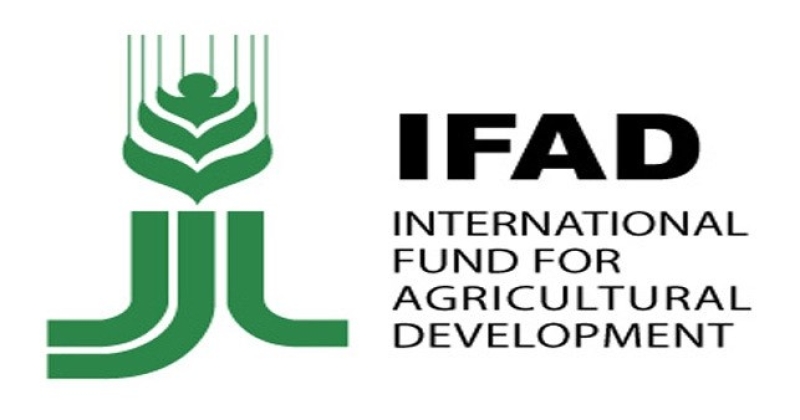- Security Council Divided on United States' Venezuela Action |
- Over 1.53m voters register for postal balloting: Shafiqul Alam |
- Bangladesh Bank to liquidate 9 NBFIs in financial sector reforms |
- Govt Moves to Clear Tk20,000cr Dues to Avoid Summer Outages |
- Maduro Pleads Not Guilty in US Court, Claims Presidency |
Review of IFAD investment in Bangladesh held in Dhaka

Dhaka, 24 Jan- The International Fund for Agricultural Development (IFAD) in Bangladesh in collaboration with the Ministry of Finance, has concluded a two-day annual portfolio review workshop in Dhaka.
The workshop brought together about 100 participants, including government officials, development partners, implementing agencies, technical specialists and IFAD country and regional teams, to assess the performance of IFAD investment in Bangladesh, focusing on aligning of IFAD Country Strategic Opportunities Programme 2023-2028 with government priorities and its relevance in the current the socio-economic and political context.
“Despite many successes, challenges remain, and the workshop allows us to share ideas, learn from one another, and identify pragmatic ways to make a greater impact on the lives of the people we work for”, said Valantine Achancho, IFAD country director for Bangladesh.
This portfolio review workshop is an opportunity for IFAD and the government to come together and reflect on what they have achieved, while also looking ahead to the work that remains under IFAD’s strategic framework, he said.
"Over the past year, we have made significant progress in improving food production, enhancing market access, building climate resilience in communities, and promoting inclusion in rural Bangladesh,” he added.
IFAD has long been a trusted partner of Bangladesh, and they share a common commitment to improving the livelihoods of rural communities.
"Initiatives such as this workshop provide a valuable opportunity for a comprehensive review of our mutual commitments, enabling us to assess the successes and identify areas requiring more focused intervention. This collaborative exercise further reinforces our partnership with IFAD to effectively leverage our collective resources for sustained impact," said Md. Shahriar Kader Siddiky, Secretary, Economic Relations Division (ERD), Ministry of Finance.
The workshop provided an engaging platform for in-depth discussions and critical assessments of ongoing IFAD-financed projects in Bangladesh.
Participants delved into the key indicators, analyzing progress and performance, while giving particular attention to cross cutting themes such as nutrition, monitoring and evaluation, knowledge management, and social, environmental, and climate assessment procedures.
The workshop sessions included insightful presentations highlighting the achievements of 2024 and collaborative discussions to shape strategic plans for 2025, aimed at delivering meaningful outcomes for rural communities.
Development partners and co-financiers also participated in discussions about resource mobilization and enhancing cooperation to unlock more opportunities for rural development projects.
Reehana Raza, IFAD’s Regional Director for Asia and the Pacific, addressed the participants virtually, underscoring the importance of continuous dialogue and collaboration in strengthening the development impact of IFAD-financed projects in Bangladesh.
The workshop concluded with a vote of thanks and a commitment from all stakeholders to work collaboratively towards achieving the goals set for 2025 and beyond, with a steadfast focus on keeping rural people at the center of all investments and initiatives led by IFAD.

